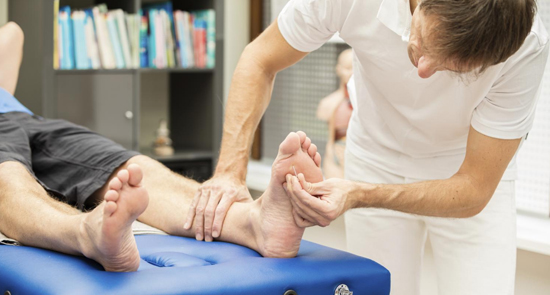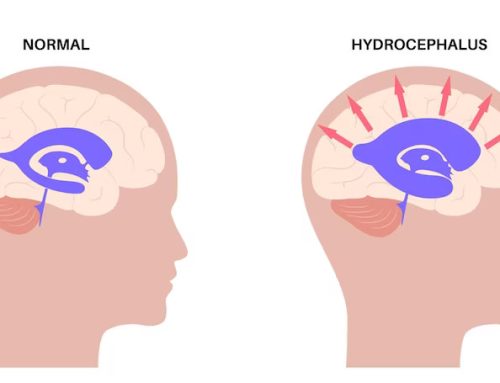Neuropathic pain is caused by damage or injury to the nerves that transfer information between your brain and spinal cord. Symptoms include burning sensations, pins-and-needles feelings of impairment inability (such as sensing temperature), skin sensitivity issues with clothing, etcetera., but some people find it hard even wearing clothes which makes them feel uncomfortable because the pressure on any given point will cause intense discomfort associated with this neuropathic type disorders.
Causes of Neuropathic Pain
Neuropathic pain may come from an underlying health condition, such as cancer or diabetic neuropathy. It can also be related to treatments like chemotherapy that cause nerve damage in the body’s system of protection called the immune system by targeting key cells with toxic chemicals.
Chronic Neuropathic Pain is common and usually related to current Chronic Nervous System Impairment (CNSI).
Some Common diseases which cause Neuropathic Pain –
- Alcoholism
- Diabetes
- Shingles
- HIV infection or AIDS.
- Central nervous system disorders (stroke, Parkinson’s disease, multiple sclerosis, etc.)
- Complex regional pain syndrome.
- Facial nerve problems.
- Amputation
- Spinal nerve compression
Symptoms of Neuropathic Pain
There can be many symptoms that help to diagnose neuropathic pain. Some of them are shared below –
- Spontaneous pain can be any sharp, burning, or electric-like sensation. It may also include tingling and numbness in addition to an intense feeling like pins and needles.
- Evoked pain is when you normally feel non-painful stimuli such as a cold. Gentle brushing against the skin brings on an increased sensation of pain. This type can be called allodynia or hyperalgesia depending if pinpricks and heat bring it about, respectively.
- A person may face trouble in sleeping and even may suffer from emotional problems.
- A person’s sensitivity and the perception that they’re in pain may change over time. The development of a reduced response to normally painful stimuli is known as hypoalgesia.
Neuropathic Pain Treatment
Anticonvulsants and antidepressant drugs are often the first lines of treatment for pain. Some neuropathic sufferers have found relief with non-steroidal anti-inflammatory medications, such as aleve or motrin – but each person has different needs, so discuss this option carefully with your doctor before trying anything else.
If diabetes is also an issue, try managing it better too. Good management can prevent further nerve damage, while bad habits may only worsen in some cases. Already damaged nerves cannot heal themselves alone due to inflammation that occurs when they’re constantly stimulated over extended periods, which leads to trauma, subsequently leading to even more intense discomfort.
Other Treatments which doctors recommend are –
- Physical therapy
- Relaxation therapy
- Professional Massage therapy
- Acupressure & Accupenture.
Common FAQ’s about Neuropathic Pain
What is neuropathic pain caused by?
Neuropathic pain is a chronic pain that usually occurs when the nerves in the body are damaged. Neuropathic can be caused by an illness or injury, and it can happen without any warning. It can also happen as the result of an injury or infection. If you have this type of pain, it will often flare up without a clear cause.
What does neuropathic pain feel like?
When a person has neuropathic pain, they may have a lot of symptoms. Some symptoms include: spontaneous pain (when you don’t need to touch the sore spot), shooting, burning, stabbing, or electric shock-like pain; tingling or numbness.
How do I know if I have nerve pain?
Don’t Miss: Learn about the Carpal Tunnel Syndrome
Final Words from Dr. Shailesh Jain – Neurosurgeon & Neurointervention
Unfortunately, neuropathic pain often responds poorly to standard treatments and occasionally may get worse instead of better over time. It can lead to serious disability for some people, but not if treated with a multidisciplinary approach that combines therapies. So It’s highly recommended to consult the Neurologist or Neurosurgeon and discuss the problems you are facing, which could help the doctor diagnose the disease properly.
To Book an Appointment with Dr. Shailesh Jain, Click Here





Leave A Comment